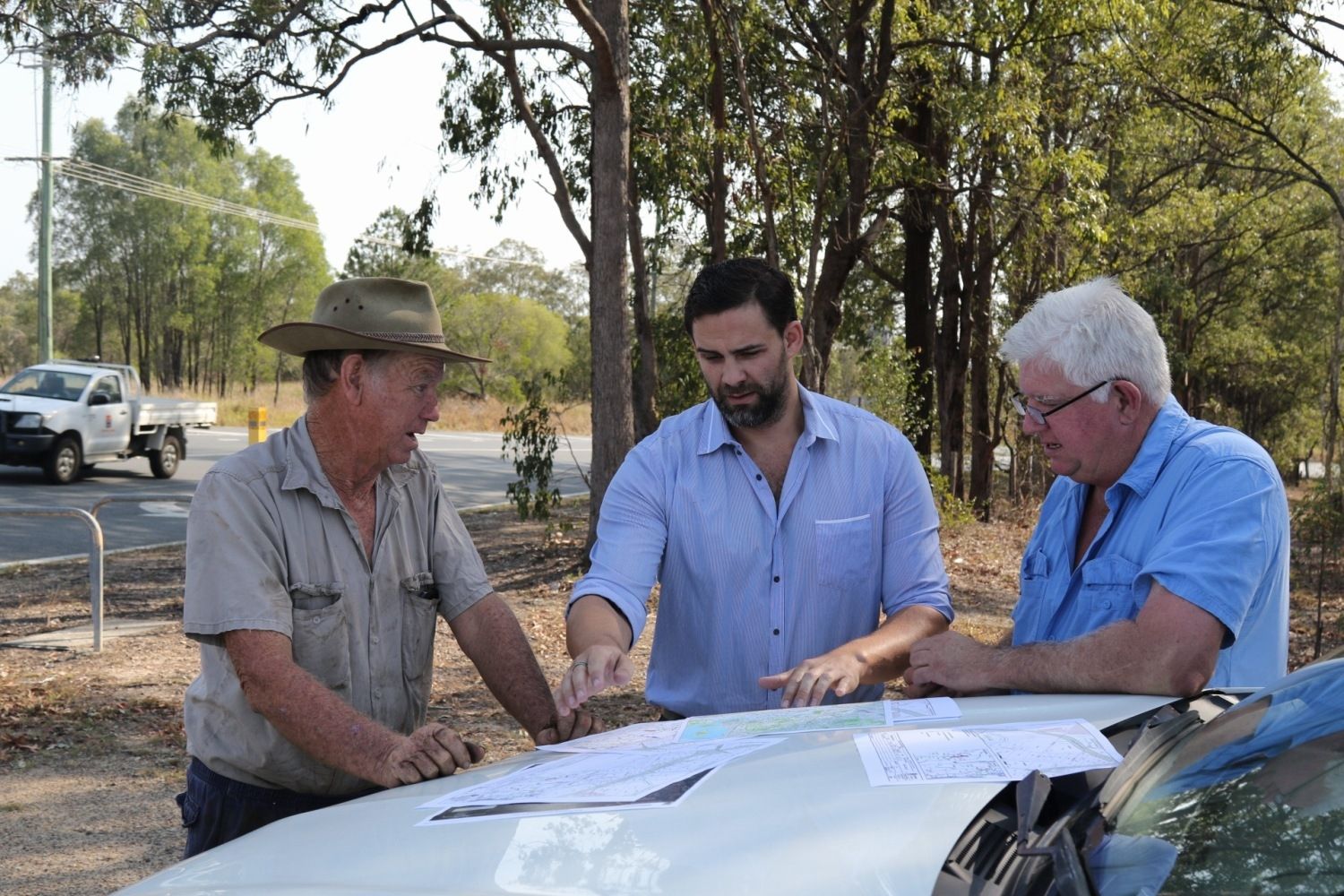Council candidate unveils plans to fast-track vital infrastructure in Division 1

7 February 2020
Division 1 candidate Mark Hammel is calling for Gold Coast City Council to underwrite the funding for suburban infrastructure, to fast-track delivery and shift the cost of these projects away from tax payers and home buyers.
Mr Hammel said Council had the capacity to obtain low-interest loans to create a war chest for much-needed roads in new residential areas. He proposed such infrastructure should be built up front, with funding totally reimbursed through charges to developers.
The current model for funding residential infrastructure works in reverse, which Mr Hammel said was incredibly inefficient and was costing the Council and residents time and money.
"We need to turn the current model on its head. Right now, we wait for developers to acquire land and then we fund major roads and other services through infrastructure charges, which are then built in to rates and the cost of buying a property,” he said.
“These charges are paid at the end of a development, so council is always playing catch up.
"This system has so many flaws, not the least of which is the fact that it pushes out the timeline for a project to go from shovel-ready to complete - much like Yawalpah Road in my electorate, which has been a 'work in progress' for many years.
"The other glaring fault is that developers are not forced to pay to connect infrastructure to neighbouring projects to provide seamless thoroughfares for cars or pedestrians, so we end up with a patchwork approach that benefits nobody.
"It's time for Council to take more of a lead on infrastructure development in our suburbs and deliver missing connecting roads in residential areas, to alleviate the major delays people are experiencing as they try to access local schools, shops and the motorway.
"Council is able to access funding at a much cheaper rate than developers, who would fully reimburse Council by paying a fee per hectare, which includes capital and interest costs, when acquiring land.
"The best part of this solution is that it would significantly reduce the overall cost of infrastructure and would mitigate, or at the very least minimise, the contribution required from ratepayers, and could potentially make buying a new home cheaper."
Mr Hammel said his plan for funding local infrastructure fitted in with his policy to create a Local Area Plan to create certainty around new development in the rapidly changing Division 1, which takes in Pimpama - crowned the fastest-growing residential area in Queensland.
Funding local infrastructure also fitted into his policy plans to provide an integrated traffic solution and protect the environment in Division 1, he said.
"I think most people accept that our population is growing and there is change and development happening, but they want more certainty around how change will be managed and controlled to preserve their lifestyle," said Mr Hammel.
"I'd like to see Council working to designate certain areas for residential development and create a plan attached to each of those areas for the completion of external connecting infrastructure works before any residential development takes place.
"This would achieve three things. Firstly, it would ensure infrastructure is available up front, so we are not constantly playing catch up as the population expands.
“Secondly, it would mean developers are not unexpectedly pushing in to existing communities.
"Finally - and perhaps most importantly - it would quarantine infrastructure spending to each designated area, so we don't see money paid by developers for improvements used elsewhere.
"While roads are arguably the top priority in Division 1, I see this model as an opportunity to lay the foundations for entire new communities, with Council being proactive for the installation of water, sewerage and drainage as well as parks and public spaces, before development starts."

